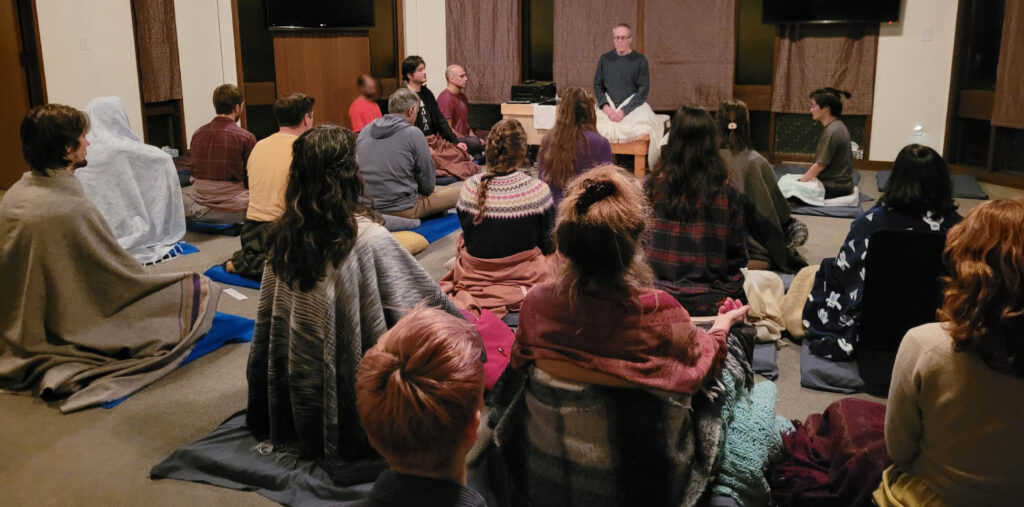– by Daleen Thomas, LL.B LL.M –
“Planning is bringing the future into the present so that you can do something about it now.” Alan Lakein
When you care for someone at the ‘end of life’ stage, many decisions have to be made. One challenge you face is that when someone you love is suffering, it is difficult to attend to their legal, financial, emotional and physical wellbeing. With a bit of planning, things can be less stressful. The planning process does not need to be dark and sad – it can be uplifting and rewarding! A solid legacy plan speaks for you long after you are gone.
There are four common legal instruments in a legacy plan, each with its own purpose:
1. representation agreement (living will);
2. power of attorney;
3. last will and
4. testament.
A representation agreement outlines medical care wishes and preferences. It provides valuable information and directives to others but is not a set of instructions. Despite this, representation agreements are excellent tools to assist loved ones with navigating the complex medical system.
Both a power of attorney and a will are legally binding instruments. A power of attorney gives your attorney legal rights to conduct your financial affairs. It can be in effect when signed or once you lose capacity. It is important with any instrument to assign someone you trust and who makes good decisions.
Lastly, the most common legacy instrument is your last will and testament. Lawyers usually assist clients with completing their will. Testamentary documents can accompany a will. These documents outline matters and preferences not well suited for your will. For example, in your will you can refer to a List you keep at home. You update the List as you give items away. Updating a List is a lot easier and less expensive than updating your will.
Everyone who has a will should review it carefully in light of the new wills and estates law (Wills, Estates and Succession Act “WESA”). If your will was created before March 31, 2014, it might need revision. WESA has several major differences from past B.C. laws that affect people with a spouse (common law or married); or children, step children or adopted children. Even if you have no spouse and no children, there are good reasons to review your will with a lawyer to ensure your legacy plan is secure.
Legacy planning using these four instruments will address most of the legal issues that arise during the precious last moments of your life.
For more information contact the Law Office of Daleen A. Thomas at daleen01@telus.net.




